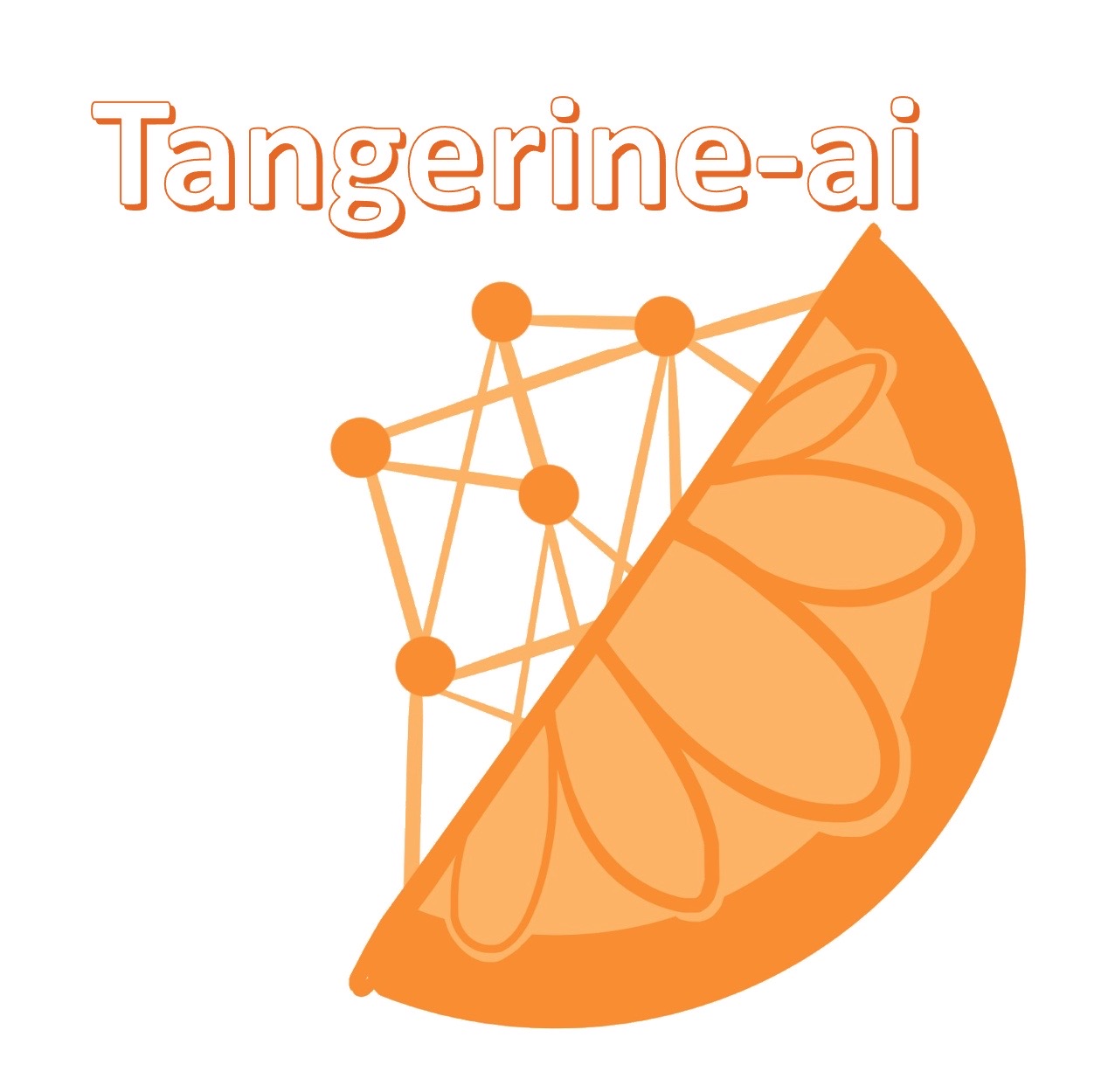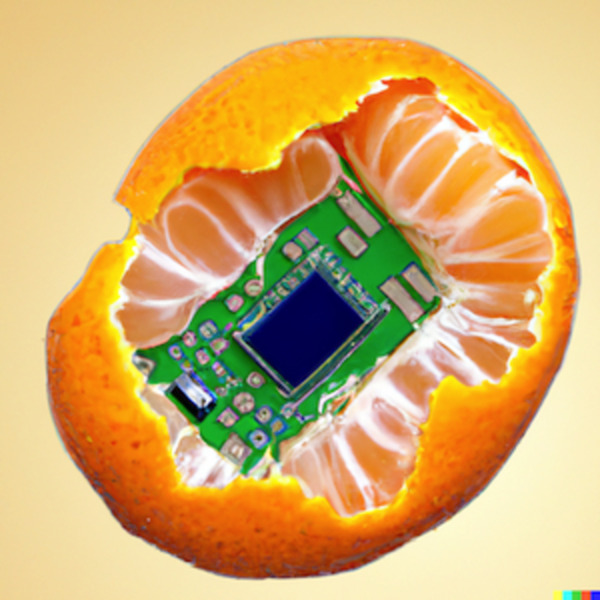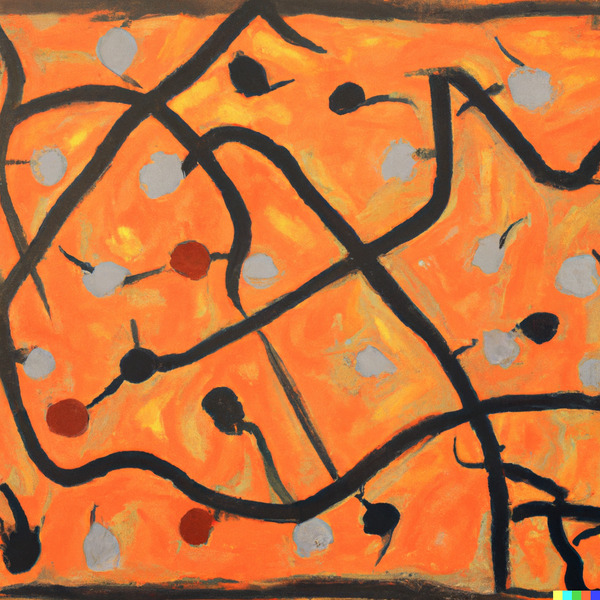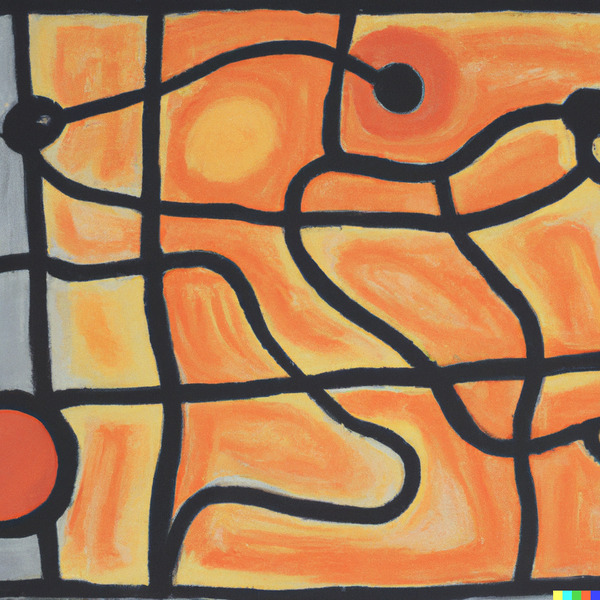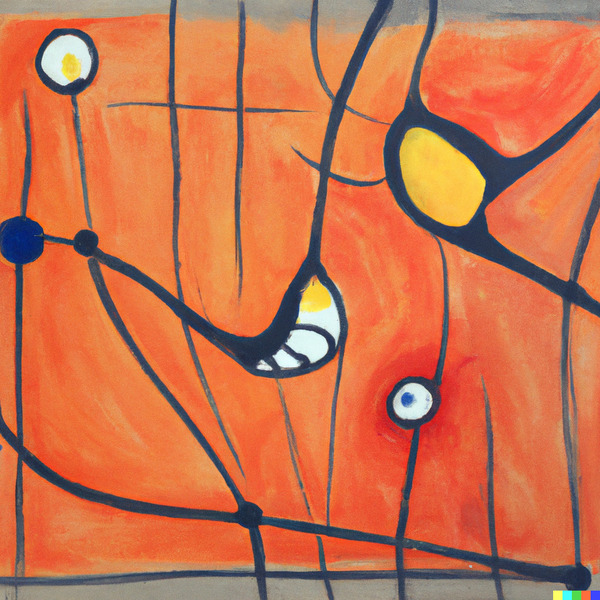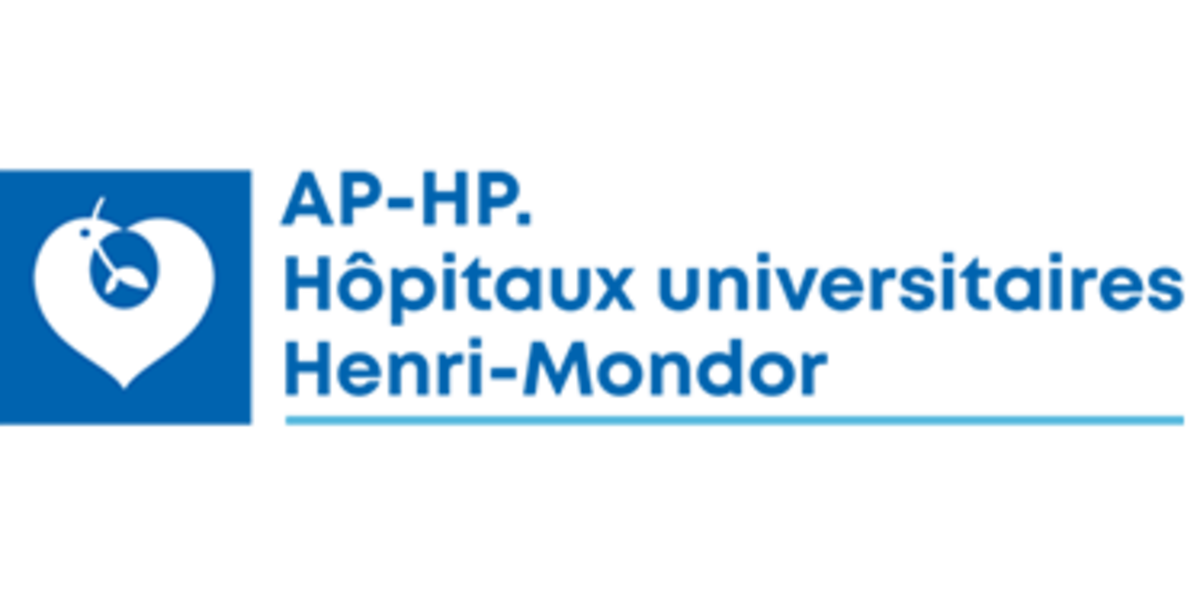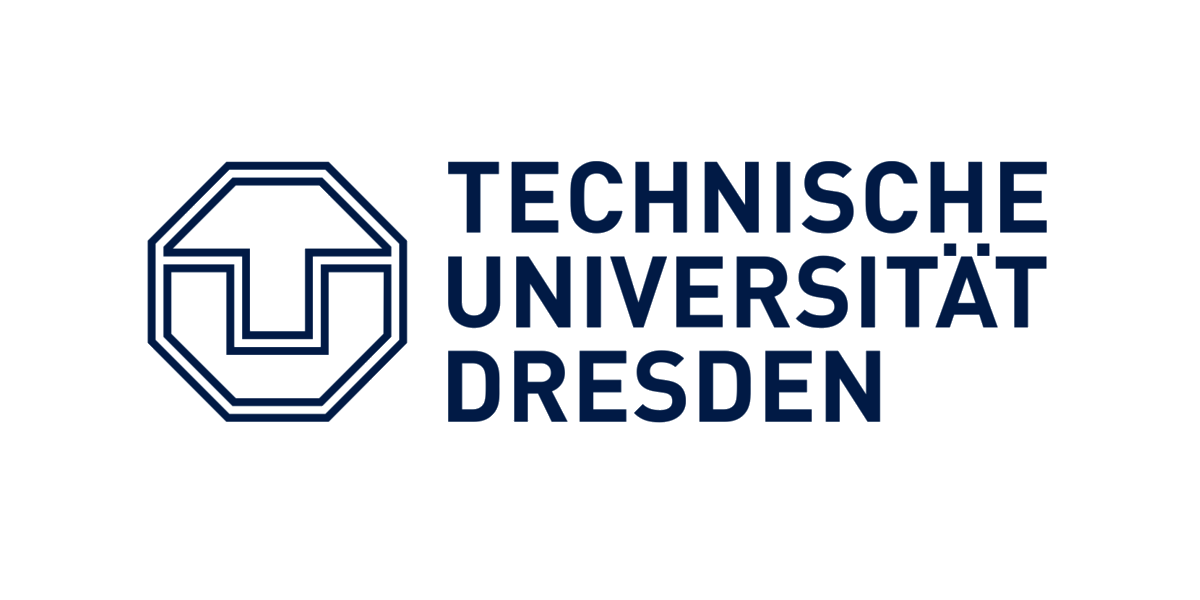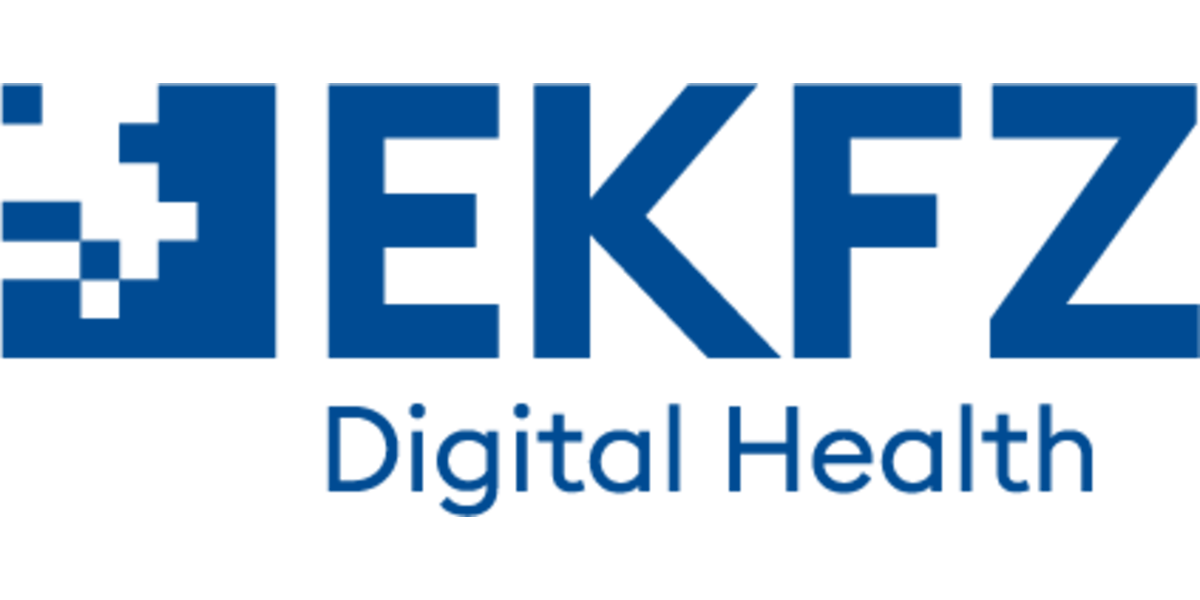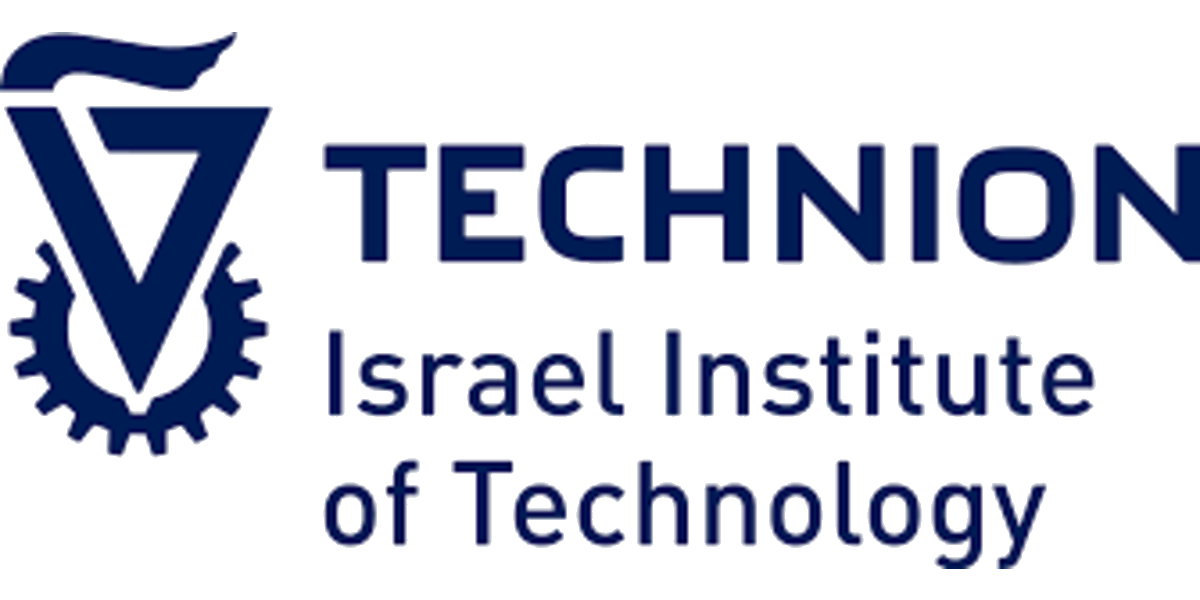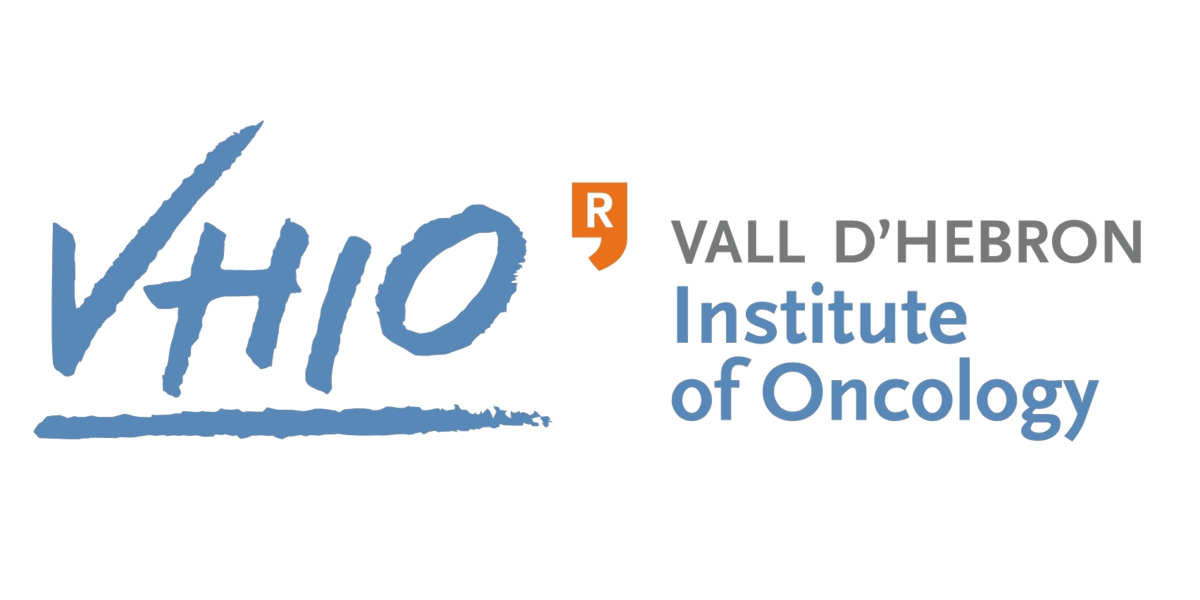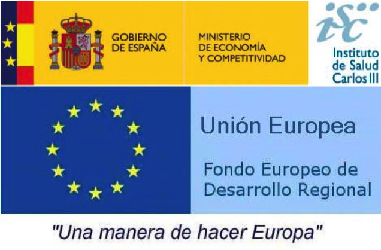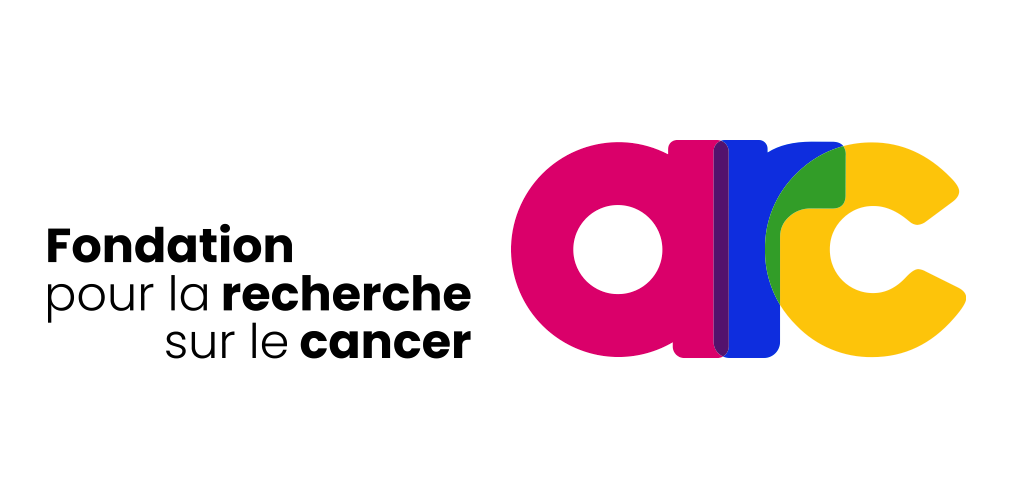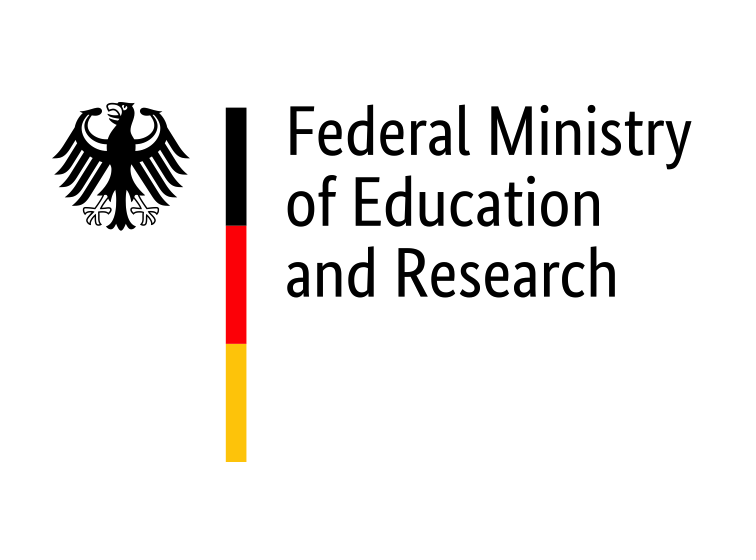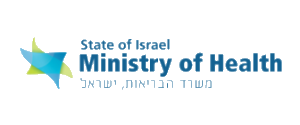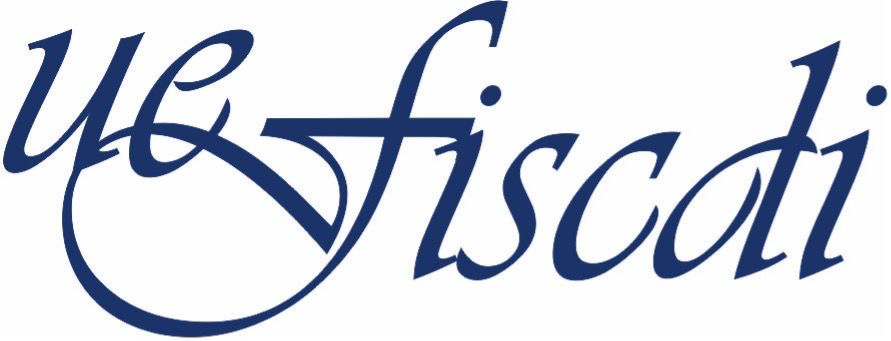tangerine
Artificial-intelligence-based end-to-end prediction of cancer immunotherapy response
TANGERINE aims to build deep learning models to predict response and toxicity to immune chekpoint blockade therapy in cancer from the analysis of histopathology and radiology images
TRANSCAN 3 project funded in the 2021 Joint Transnational Call for Proposals (JTC 2021) co-funded by the European Commission/DG Research and Innovation
Cancer immunotherapy with immune checkpoint inhibitors (ICIs) is widely used in multiple cancer types, with proven benefits. However, response is not guaranteed, difficult to predict, and serious toxicity may occur.
Project Aims
Primary: aim:
To develop, validate and openly publish an AI system which can predict ICIs response based on routine histopathology slides, CT scan images and routine clinical data.
As co-primary aims, disease-free survival, overall survival and toxicity will be predicted.
Secondary aim:
To validate the capacity of this system to identify cellular structures and image patterns associated with ICI response and toxicity that explain model predictions (explainability). This aim is exploratory and qualitative.
Data
Digital images of tumour histopathology slides and CT scans will be retrieved, linked to clinical outcomes data and anonymized for analysis.
An initial retrospective (2017-21) data retrieval from 1800 patients at 6 centres will continue with a prospective recruitment of 600 more to validate models.
Patients that received ICls as first line for any tumour will be included and response recorded according to iRECIST.
Methods
Deep convolutional neural networks and radiomcs will be used to build end-to-end predictive models.
Spatial transcriptomics data on a subset of 30 patients wil help model explainability.
Tasks
Retrospective study
Retrospective (2017-21) data retrieval from 1800 patients at 6 centres.
Model training
Deep convolutional neural networks for histopathology and radiology data.
Prospective study
Prospective recruitment of 600 patients treated with ICIs.
Model validation
Testing the accuracy of the model in the prospective study.
Explainability
Spatial transcriptomics of selected tumors to understand why models predict.
Capacity Building
Students will train across institutions.
Progress

Victor Moreno Catalan Institute of Oncology / IDIBELL (Barcelona, Spain)

Jakob N Kather Technical University Dresden / EKFZ (Dresden, Germany)
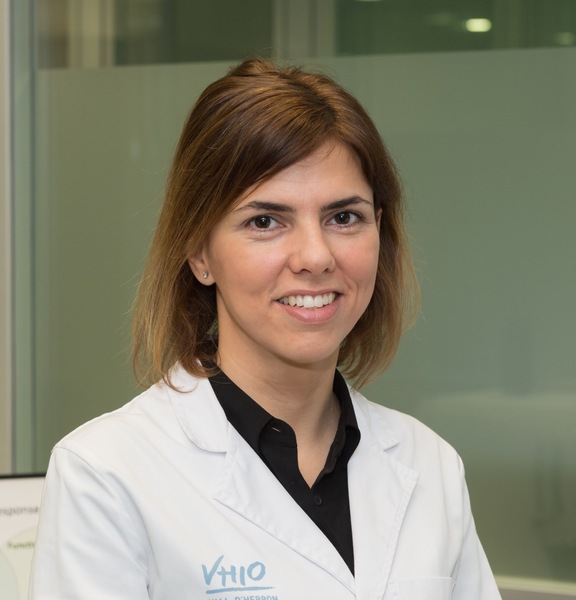
Raquel Pérez-López Institut d’Investigació Oncológica de Vall d’Hebron (Barcelona, Spain)
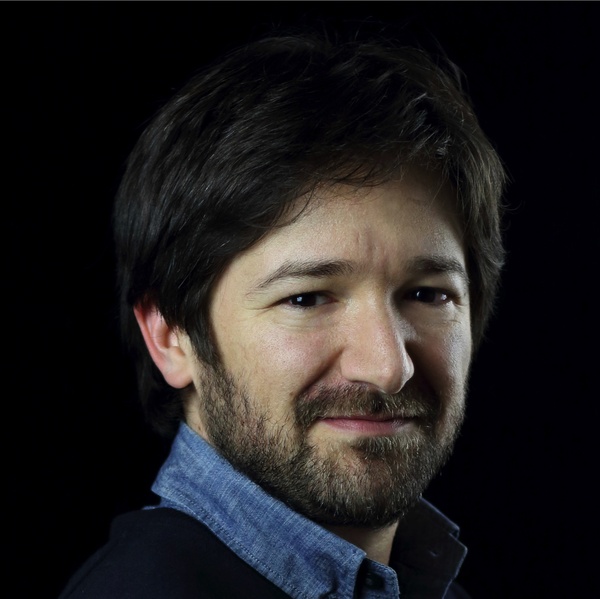
Julien Calderaro Henri-Mondor University Hospital / INSERM (Creteil, France)

Nicoleta Antone The Oncology Institute 'Prof Dr. Ion Chiricuta' (Cluj-Napoca, Romania)

Gad Rennert Technion & Carmel Medical Center (Haifa, Israel)

Ovidiu Balacescu The Oncology Institute 'Prof Dr. Ion Chiricuta' (Cluj-Napoca, Romania)

Zunamys Carrero Technical University Dresden / EKFZ (Dresden, Germany)

Sabine Marschollek Technical University Dresden / EKFZ (Dresden, Germany)
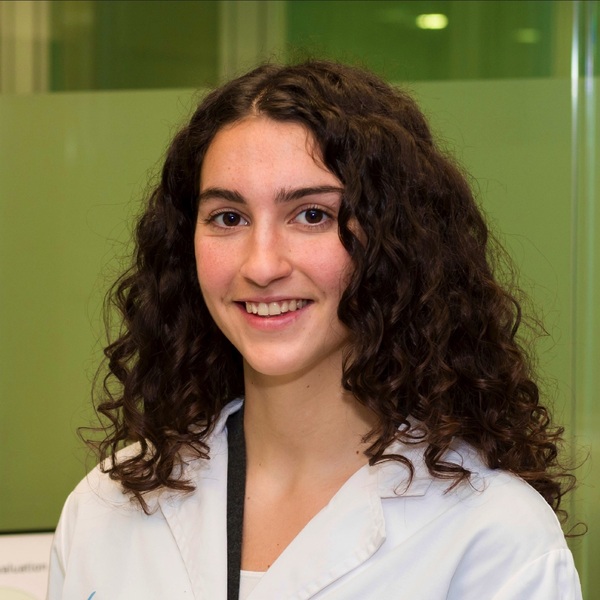
Marta Ligero Institut d’Investigació Oncológica de Vall d’Hebron (Barcelona, Spain)

Silvia Murcia Catalan Institute of Oncology / IDIBELL (Barcelona, Spain)
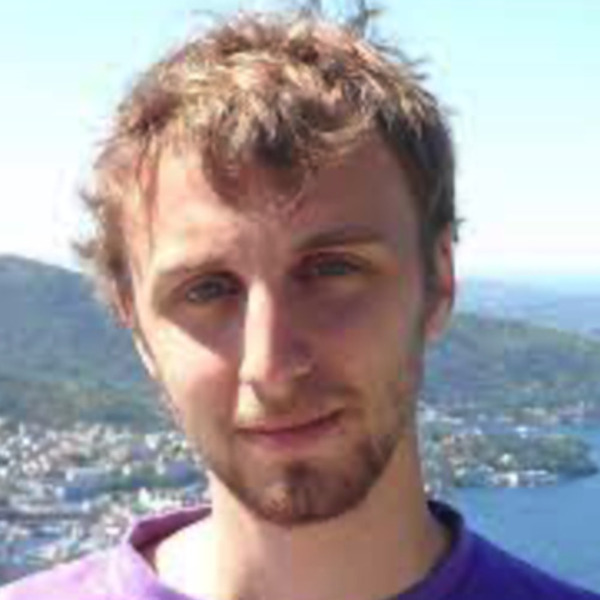
Miguel Socolovsky Catalan Institute of Oncology / IDIBELL (Barcelona, Spain)
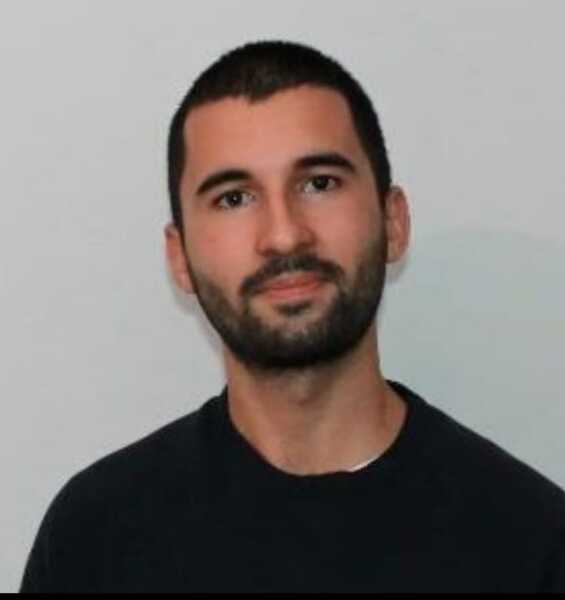
Lois Riobo Catalan Institute of Oncology / IDIBELL (Barcelona, Spain)
Transcan3 Research Project
Funded by national agencies:
Instituto de Salud Carlos III
, co-funded by FEDER funds –a way to build Europe– (Spain)
Scientific Foundation of the Spanish Association Against Cancer
(Spain)
ARC French Foundation for Cancer Research
(France)
Federal Ministry of Education and Research
(Germany)
The Chief Scientist Office of the Ministry of Health
(Israel)
Executive Agency for Higher Education, Research, Development and Innovation Funding
(UEFISCDI)
(Romania)
